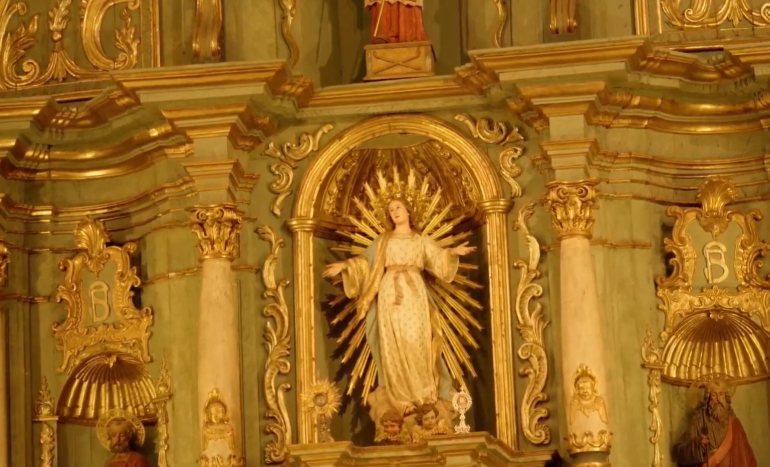In Paraguay, the 15th of May is a special day to celebrate Madre Patria, which means ‘Motherland’. On this day, Paraguayans celebrate Mother’s Day and Independence Day as a dual celebration, with a variety of traditional events. Families gather for a special meal, exchange thoughtful gifts and express their gratitude to their mothers. Meanwhile, to commemorate the country’s independence, events are held throughout the city to pay tribute to its history and heritage.
Different countries celebrate Mother’s Day on different dates, but why Paraguay celebrates 15 May has a historical significance that is deeply rooted in the country’s past. One of the possible reasons why this day was chosen may be in honour of Juana Maria de Lara, who played an important role in Paraguay’s quest for freedom from the Spanish Empire and became an iconic Paraguayan mother. Although she had no biological children, she became a symbolic mother for the country.
However, there are other explanations as to why this day was chosen as Mother’s Day in Paraguay. Some point out that this day marks the anniversary of the country’s independence commemorating the birth of a new state. In this sense, Mother’s Day is a celebration of Paraguay’s ‘’Motherland‘’ or ‘’Madre Patria‘’.
This double celebration is a reminder of the interconnectedness of individual and national identity. This year, this monumental double celebration will take place in different parts across the city, offering citizens and visitors the opportunity to reflect on the country’s history and culture.
At the ‘Apertura de casa de la Independencia’, which runs from 7am to 4pm, participants can visit the Casa de la Independencia (House of Independence), a historic building where the congress for independence took place and shaped the country’s destiny.
Meanwhile, from 9am to 12noon, the ‘Escuelita de Saberes Artesanales en la Manazawa’ will be held, where visitors can learn traditional crafts. The workshop, organised by the Paraguayan Artesania Association (IPA), will focus on hand-carving techniques. It will be held at Sala Elena Bibolini in Manzana de la Rivera, which is also home to the Augusto Roa Bastos Library.
Lastly, the Teatro Municipal de Asuncion will be open to the public from 10am to 4pm. This historic theater welcomes local citizens and visitors, providing a window into its glorious history and architectural beauty.
All of the above are free to enter, and Spanish-Language guided tours are offered.


